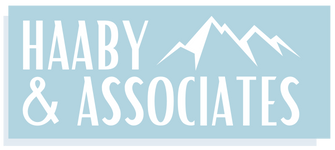The Augusta Rule, or as the IRS calls it, Section 280A, states that these homeowners can rent out their home for a maximum of 14 days, and they don’t need to report that rental income on their tax return.
This rule was originally put in place to protect the residence of Augusta, Georgia, where the Masters golf tournament is held. Residents of that town would rent out their homes to attendees of the tournament. But now, this rule applies to any taxpayer in the United States who owns a home – as long as your home doesn’t act as your primary place of business.
How the Augusta Rule Works
If your home is not your primary place of business, you can rent it out for up to two weeks without having to report the rental income on your individual tax return. The rule states that you must charge a fair amount for rent, an amount that is relevant to what the rental market supports.
Within these 14 days, you can rent out your home to anyone whom you see fit. Maybe your renters are vacationers looking for a place to stay, or perhaps a business owner who needs a temporary location for their business.
Shifting Business Income
If you own a business, but you don’t run your business out of your home, the Augusta Rule can be a great help. Using this rule, you can shift income away from your business and put it towards your personal income, where there is no tax consequence.
Take this situation, for example: if you host a monthly board meeting with your Board of Directors at your home, under the Augusta Rule, your business can pay a reasonable amount of rent for you to use your home as the place to conduct these meetings. As long as these meetings don’t exceed 14 days, you can deduct the rent payment from your business tax return – and according to the Augusta Rule, you don’t have to report the income on your personal taxes, either.
It’s important to remember that you’ll need documentation to support your claim of this business deduction, like meeting minutes and documentation of rent charges.




